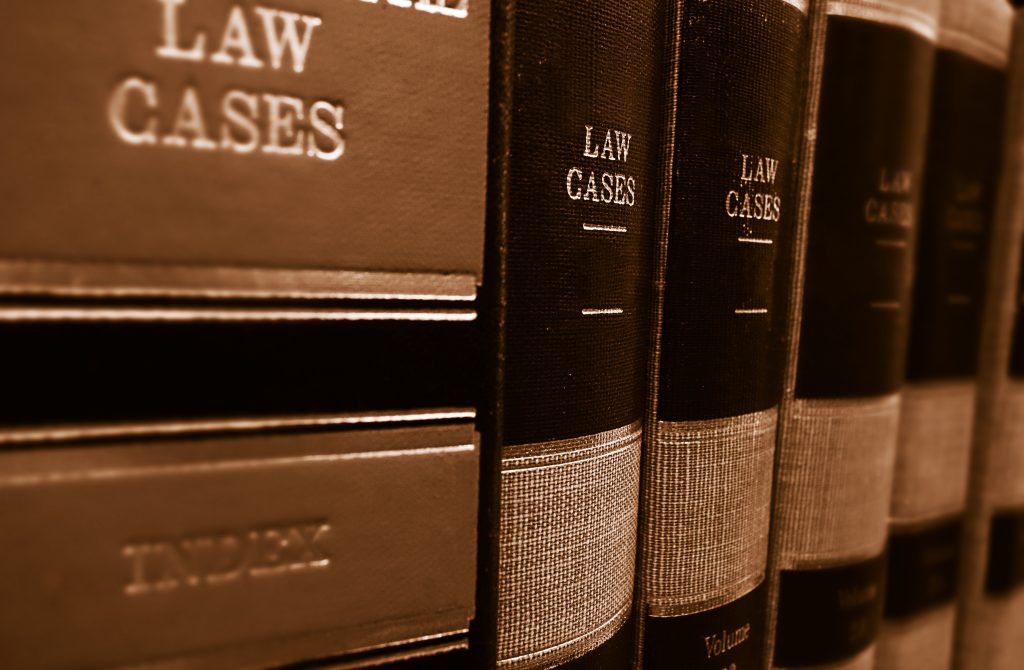A Queensland mother has been charged with murder after her two young daughters died inside a hot car parked outside their home. You may be wondering; how can she be charged with murder? We explain.
On 1 May 2019, Queensland legislated to expand the definition of murder under the Queensland Criminal Code, so that a person may be charged with murder if death is caused by a ‘reckless indifference to human life’. The Queensland woman is the first person to be charged under this new definition.
What has changed in Queensland?
Before the recent amendments, a person could be found guilty of murder under s 302 of the Queensland Criminal Code if they had unlawfully killed another in the following circumstances:
- if they intended to cause the death of the person killed (or some other person)
- if they intended to cause grievous bodily harm to the person killed (or some other person)
- if the death of a person is caused by an act done by the offender for an unlawful purpose, and was likely to endanger human life
- if they intended to do grievous bodily harm to a person during the commission of a serious crime, or for the purpose of facilitating the flight of an offender who has committed or attempted to commit any such crime
- if they cause death by administering any stupefying or overpowering thing, or
- if they cause death by wilfully stopping the breath of any person.
The Criminal Code and Other Legislation Amendment Bill 2019 adds to that list;
‘if death is caused by an act done, or omission made, with reckless indifference to human life’.
Under Queensland Law, the offence of murder carries life imprisonment.
What is reckless indifference to human life?
Reckless indifference is the doing of an act with foresight that death will probably arise from that act. The accused must have foreseen that the act would probably cause the death of the deceased, but continue doing that act anyway. The crown must prove, beyond a reasonable doubt, that the accused was actually aware of the likelihood that death would occur as a result of their actions, and must have had more than a mere indifference to the consequences of his or her act. This is a question specific to the state of mind of the particular accused person. It is not sufficient to prove that a ‘reasonable person’ would have foreseen death as the probable consequence.
‘Probable’ is often referred to as something with a ‘real and substantial likelihood’ of occurring. It is not enough that the accused only thought that death was possible, as opposed to probable.
Importantly, reckless indifference is not the same as negligence. Negligence requires that a person, who owed another a duty of care, failed to perform that duty, and in doing so, caused the death of that person. While criminal negligence is very serious, reckless indifference is viewed as carrying higher moral culpability.
Why the change?
The broadening of the definition of murder under the Queensland Code came as a result of recommendations of the Queensland Sentencing Advisory Council. Specifically, the advisory council reviewed the adequacy of penalties imposed for criminal offences resulting in the death of children, following ongoing concerns that sentences for such crimes were not meeting community expectations. Ultimately, the council found that sentences imposed for manslaughter cases involving young children are not seen as adequate by the community. In response, the Queensland Government, along with adopting the recommendation of the Council to make the young age of the victim an aggravating factor in sentencing, committed to broadening the definition of murder under the Criminal Code.
The Criminal Code and Other Legislation Amendment Bill 2019 explanatory note recognised the need to expand the definition to include ‘reckless indifference to human life’, as often,
‘unlawful child killings result in an offender being convicted of manslaughter rather than murder for a range of reasons, including difficulty in establishing intent even where the death is due to physical abuse’.
The Queensland Government also recognised that murder based on reckless indifference exists in a number of other Australian jurisdictions, including New South Wales.
Key Takeaways
- Queensland expanded the definition of murder in 2019 to include deaths caused by reckless indifference to human life.
- The new law was applied in charging a mother with murder after her children died in a hot car.
- Reckless indifference requires foreknowledge that an act would likely cause death but proceeding anyway.
- The change aims to address community concerns over inadequate sentencing for crimes resulting in children's deaths.
- Queensland's move aligns with similar murder definitions in other Australian jurisdictions, such as New South Wales.
The Law in New South Wales
As noted, the definition of murder in NSW under s 18 of the Crimes Act also includes application to circumstances of ‘reckless indifference to human life’. The maximum penalty for murder in NSW is 25 years’ imprisonment.
If you have been charged with a criminal offence, you can contact the team at Hamilton Janke Lawyers 24/7 by calling 4038 1666.
Written By

James Janke
James Janke is founding partner at Hamilton Janke Lawyers, and has more then decade of experience as a Criminal Defence Lawyer. Admitted to both the Supreme Court of New South Wales and High Court of Australia




